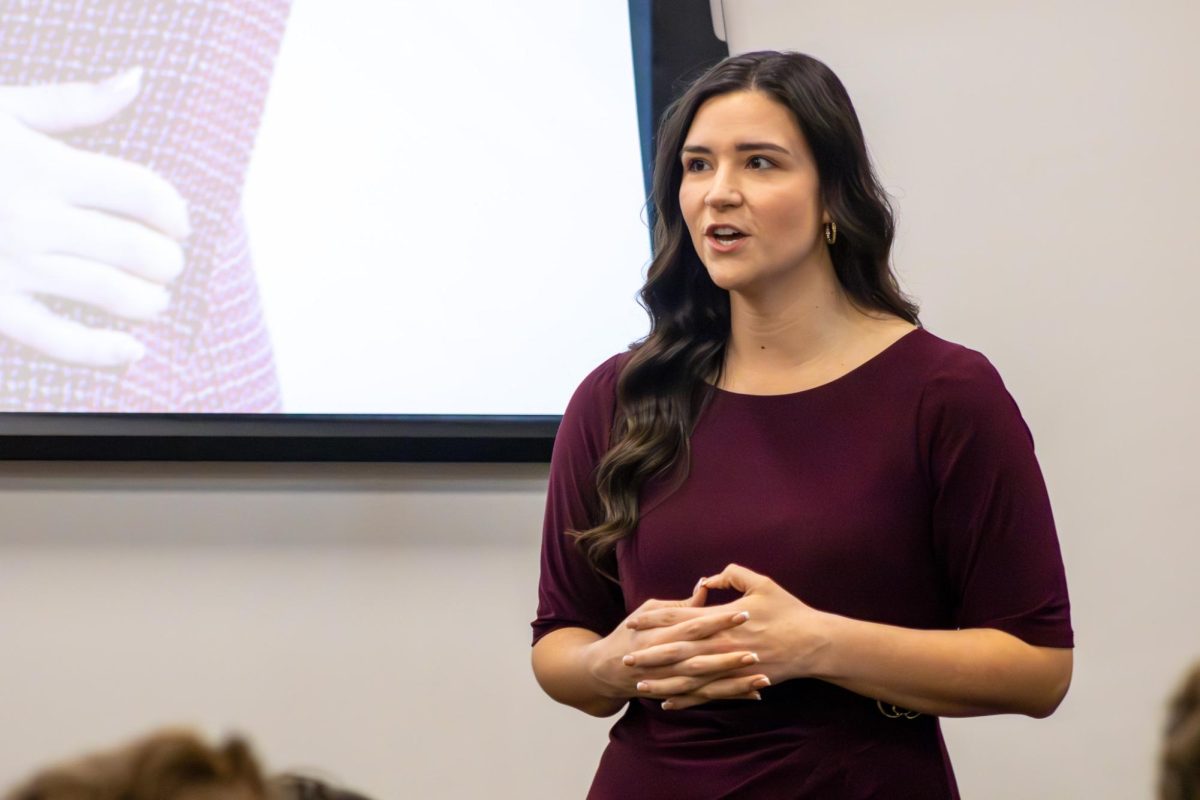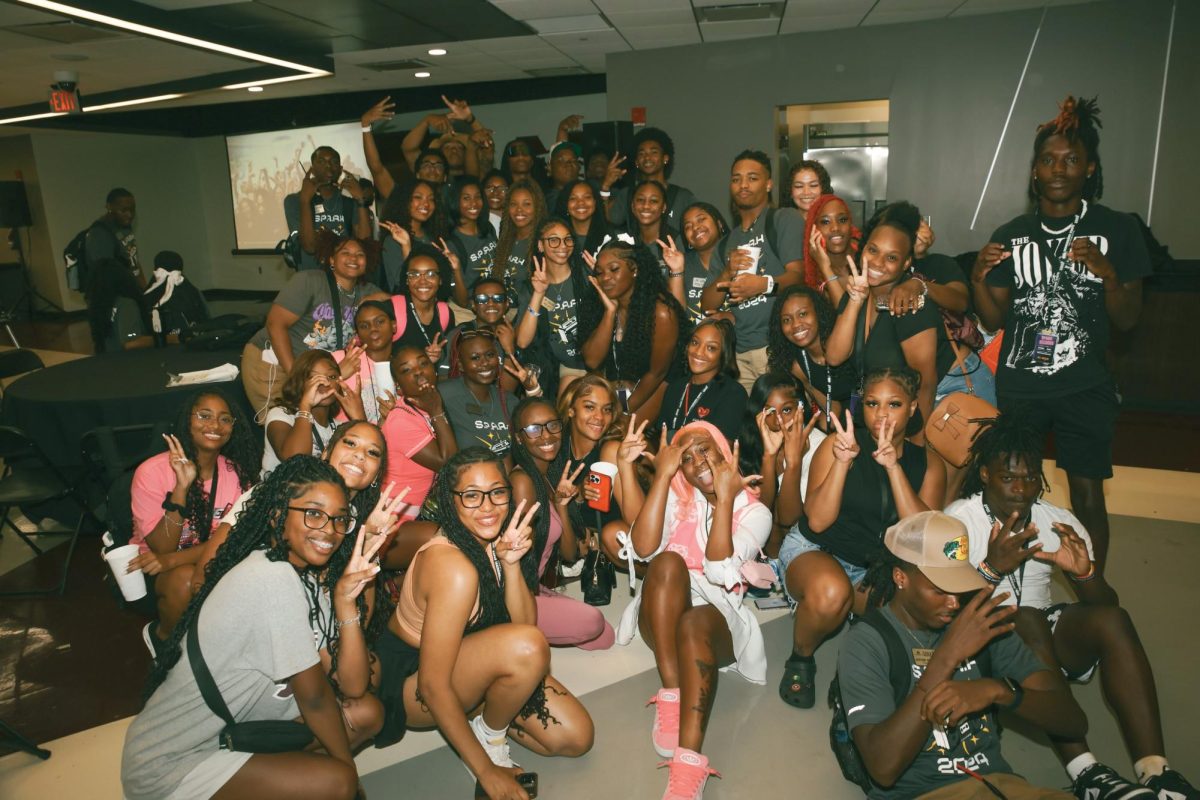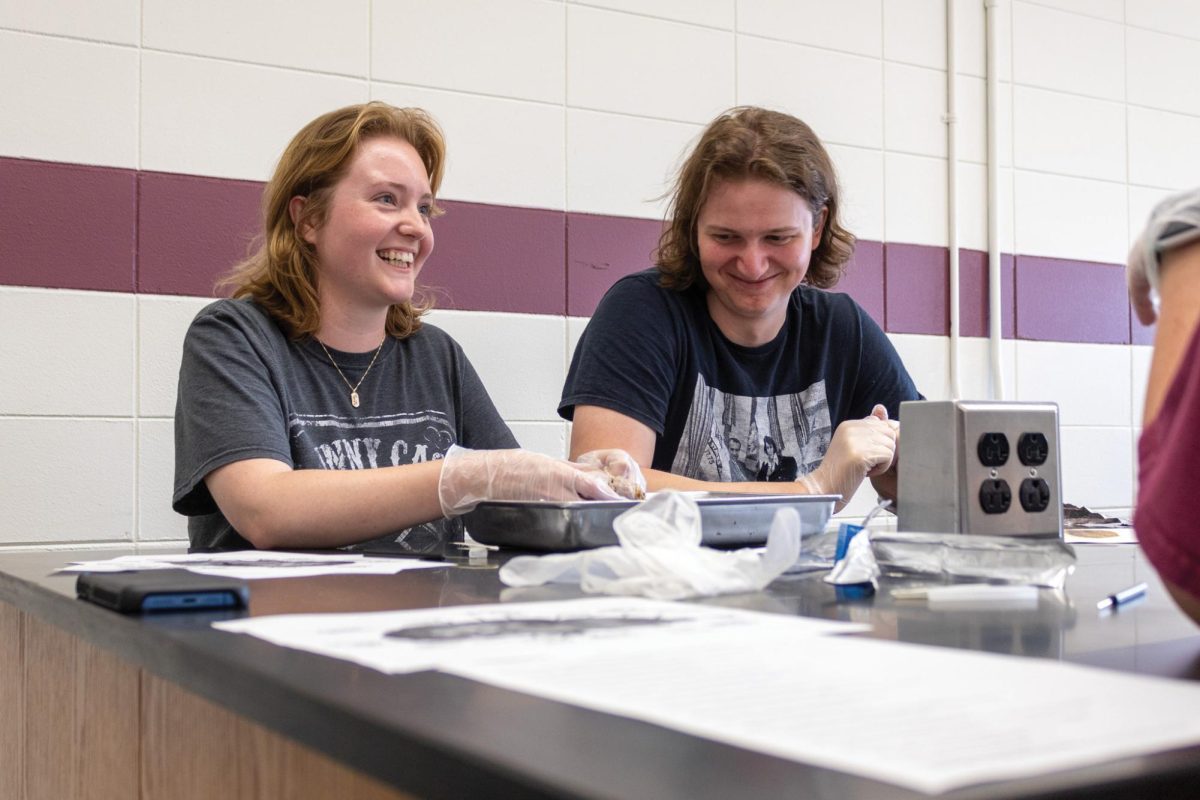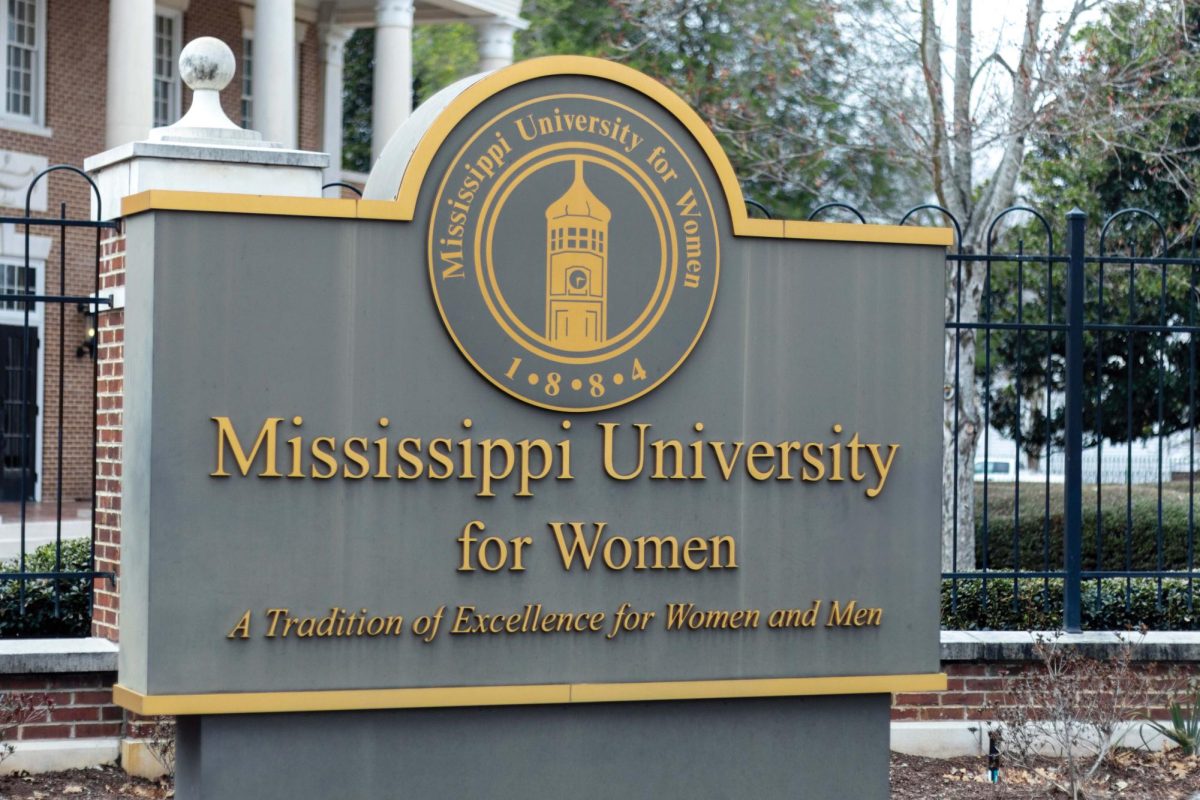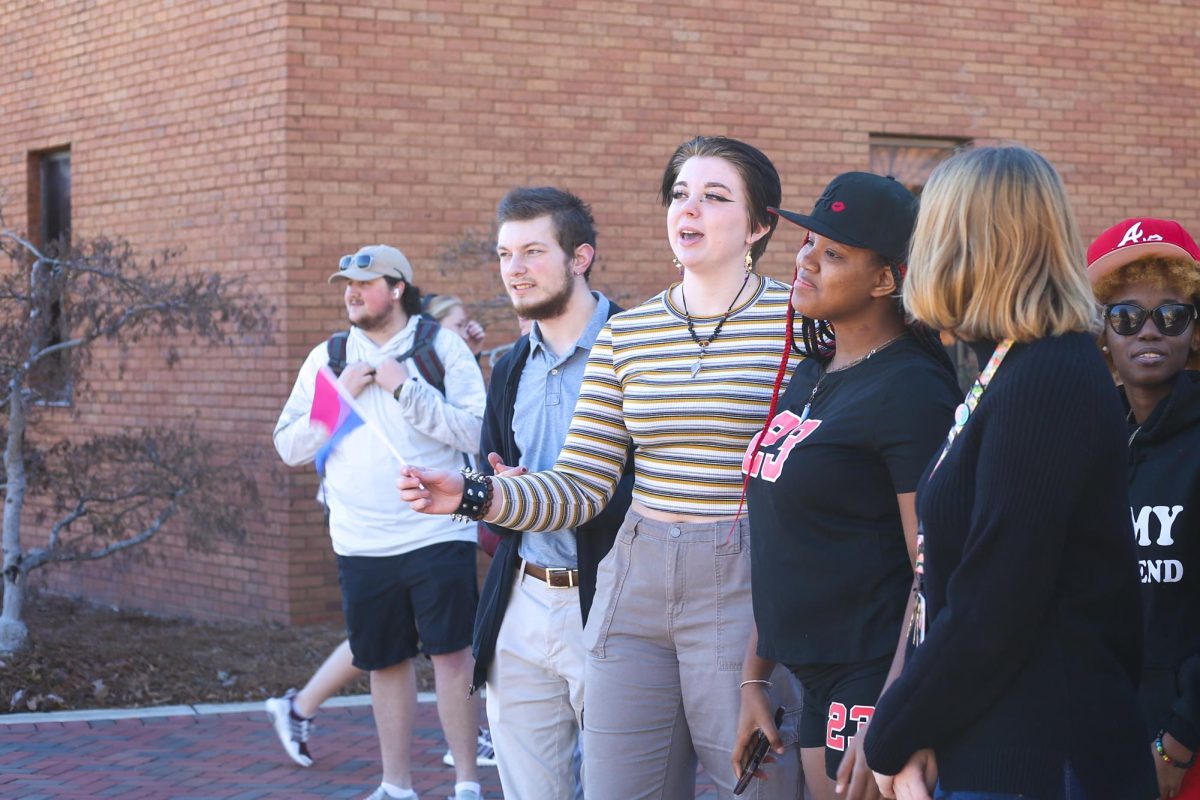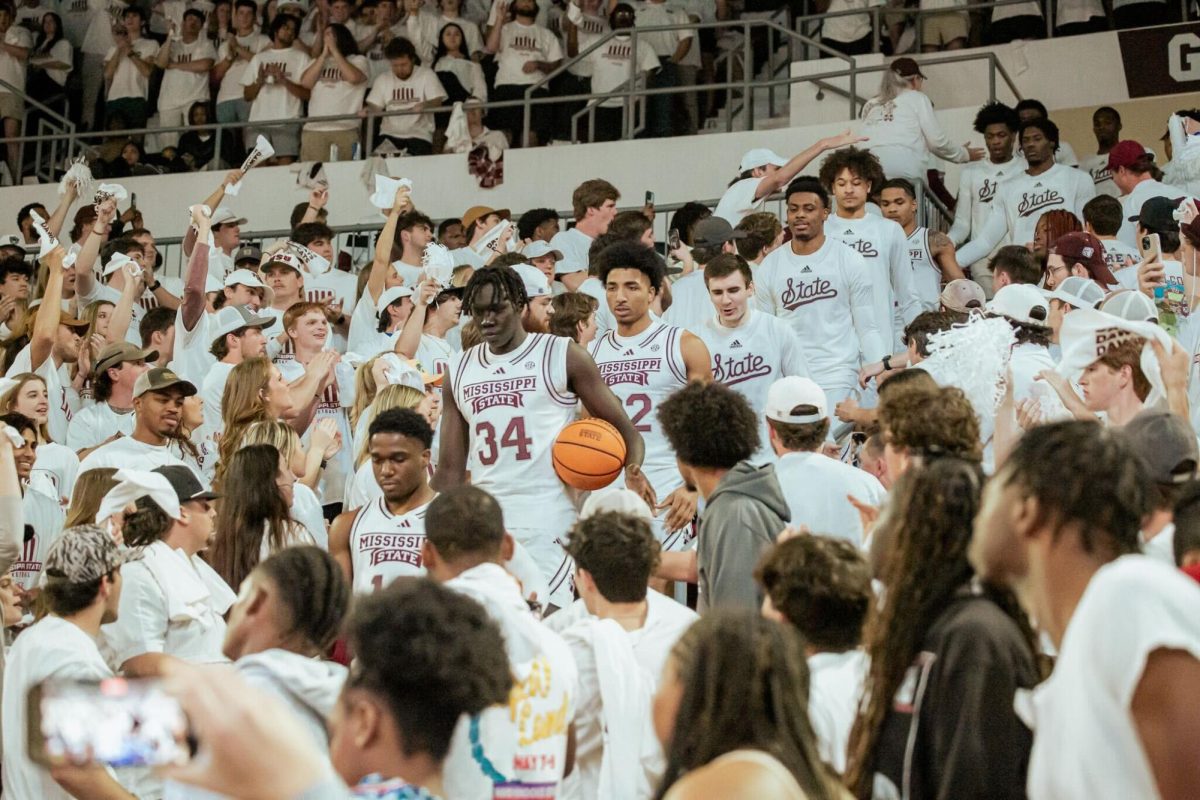Mississippi State University’s retention rates remain the highest of all public universities in the state at 84 percent.
Office of Institutional Research and Effectiveness Director Timothy Chamblee said over the past five years, retention rates at MSU have remained relatively stable.
Provost and Vice President Jerry Gilbert said the retention rate of a university is a key factor in its success.
“They tell the public that students are making progress,” he said. “Ideally, we’d like every student to come in as a freshman, make a 2.0 or higher grade point average a semester […] and graduate in four years. If we had every student do that, we would have a 100 percent graduation rate and retention rate.”
Ty Abernathy, coordinator for Pathfinders, said his organization focuses on freshman class attendance at MSU, particularly during the first few weeks of school.
“This is when [freshmen] establish a pattern of attendance,” he said. “What you do in those first six to eight weeks you’ll typically do for the rest of your academic career.”
Instructors report to Pathfinders if a freshman misses two days of class.
Once a student has been reported, Pathfinders lectures the student on the importance of class attendance and how it can affect their grade.
Pathfinders does not take any punitive action against students.
Deirdre Brockwell, freshman chemical engineering major, said she had problems adjusting to a university.
“My first few weeks of college were confusing,” she said. “I had a lot of responsibility. I’m still trying to [develop] good habits.”
Because most freshmen have to take English composition and college algebra, which are in the College of Arts and Sciences, Pathfinders focuses on these instructors.
Chamblee said Pathfinders is useful for freshmen who are adjusting to campus.
“We have a number of programs, including Pathfinders, that make sure freshmen are adjusting to campus. The program helps to provide students the tools necessary to succeed academically and to adjust to life at Mississippi State so they can be successful.”
Gilbert said student organizations, particularly co-curricular groups that tie into a student’s major, also help students adjust to campus life as well as become oriented in their field.
Student organizations also provide a social opportunity, which is helpful since students who feel like a part of MSU are more likely to succeed, Gilbert said.
“Homesickness is a major factor,” Gilbert said. “One of the big keys to retention is if a student feels isolated or feels out of place [it] will cause [him] to feel like ‘why do I have to be here?'”
Chamblee recommends students speak with their advisers if they need help or to try one of the other resources on campus.
“Two of the biggest resources we offer are the counseling center and the learning center,” he said. “Don’t be afraid to get help if you need it.”
Gilbert said procrastination is one problem that causes students to quit school.
“Procrastination will haunt them throughout their career and will hold them back from being the best that they can be,” he said.
“Procrastinators will not end up getting the best jobs.”
Chamblee said retention rates are based on the percentage of freshmen who return for sophomore year.
“If you retain a student in their freshman year, the likelihood that they will complete their degree is much greater,” he said.
Once freshmen have completed their first year of school, they are on the path to being successful, Chamblee said.
Chamblee said students should work hard and study because education will take them far in life.
“I was always driven to be successful and to get as much education as I could. My parents wanted all of us to be successful,” he said. “When I entered Mississippi State University as a freshman, I knew I wouldn’t be satisfied with a bachelor’s degree because of my thirst for knowledge.”
Categories:
Programs help MSU retain students
DEVONTE GARDNER
•
January 27, 2011
0
Donate to The Reflector
Your donation will support the student journalists of Mississippi State University. Your contribution will allow us to purchase equipment and cover our annual website hosting costs.
More to Discover


